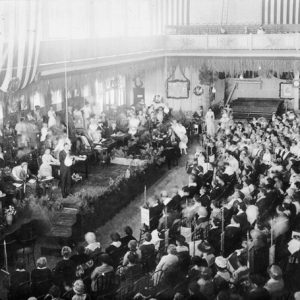 GFWC Convention; 1918
GFWC Convention; 1918
Entry Type: Group
 GFWC Convention; 1918
GFWC Convention; 1918
General Federation of Women’s Clubs of Arkansas (GFWC)
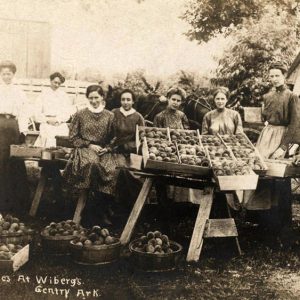 Gentry Peaches
Gentry Peaches
Germans
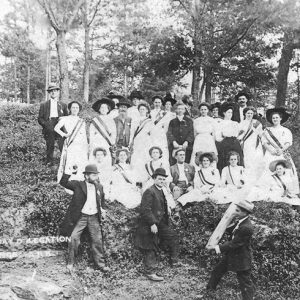 German Day
German Day
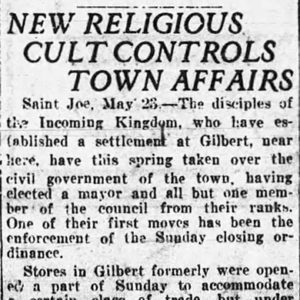 Gilbert Takeover
Gilbert Takeover
Glade Community Historical Society
Gladys McFadden and the Loving Sisters
Global Ties Arkansas
aka: Arkansas Council for International Visitors
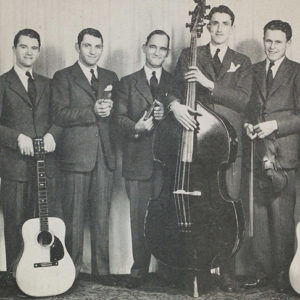 Lonnie Glosson Band
Lonnie Glosson Band
 God's Not Dead Cast
God's Not Dead Cast
 Gold Diggers of 1933
Gold Diggers of 1933
Good Government Committee (Little Rock)
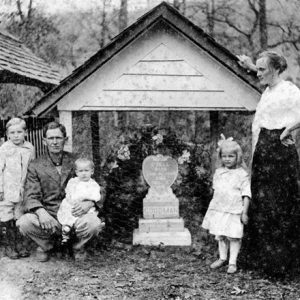 Goodman Family
Goodman Family
Goodwill Industries of Arkansas
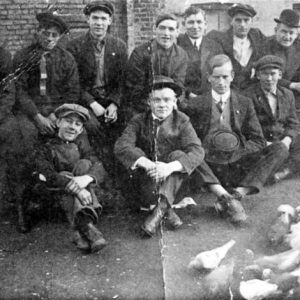 Gopher Gang
Gopher Gang
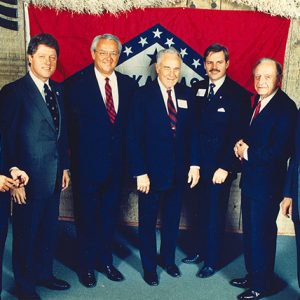 Governors' Reunion; 1986
Governors' Reunion; 1986
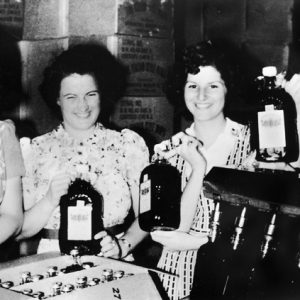 Granata Winery
Granata Winery
Grand Army of the Republic (GAR)
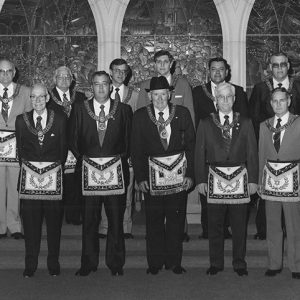 Grand Lodge Officers
Grand Lodge Officers
Grand Prairie Historical Society
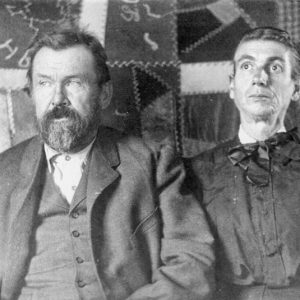 E. T. and Laura Gravett
E. T. and Laura Gravett
Greek Orthodox
Greeks
Greenback Party
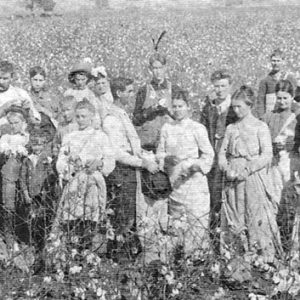 Greenbrier Bottoms Cotton Pickers
Greenbrier Bottoms Cotton Pickers
 Bette Greene Family
Bette Greene Family
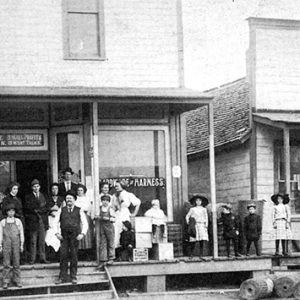 Greenland Store
Greenland Store
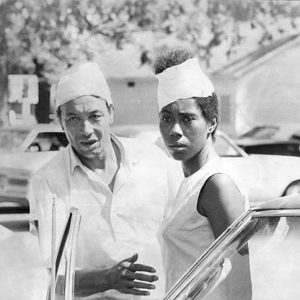 Ezra and Jackie Greer
Ezra and Jackie Greer
Group, The
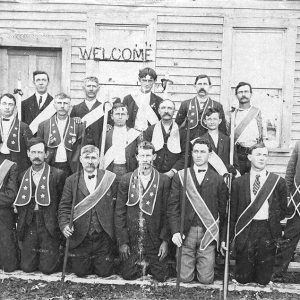 Grubbs Odd Fellows
Grubbs Odd Fellows
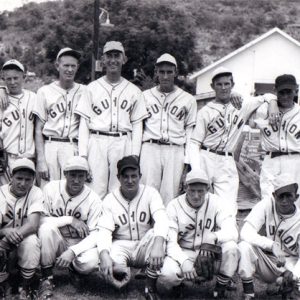 Guion Baseball Team
Guion Baseball Team
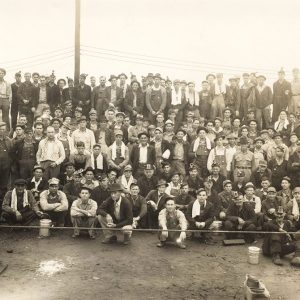 Hackett Miners
Hackett Miners
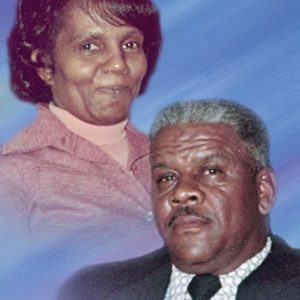 Estella and Knoxie Hall Sr.
Estella and Knoxie Hall Sr.
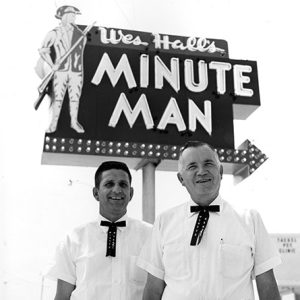 Wes Hall and Vernon Rodgers
Wes Hall and Vernon Rodgers
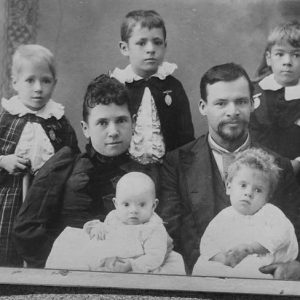 Harding Family
Harding Family
Harmonial Vegetarian Society
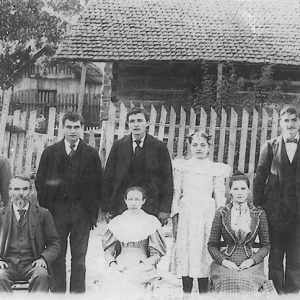 Harris Family
Harris Family
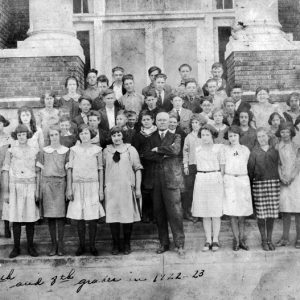 Harrisburg School Children
Harrisburg School Children
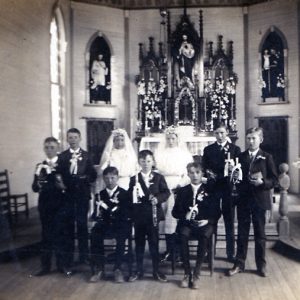 Hartman Catholic Church
Hartman Catholic Church
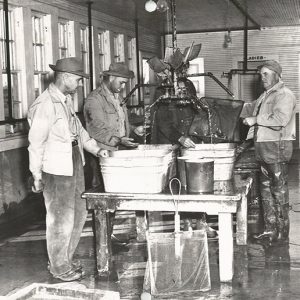 Hatchery Workers
Hatchery Workers
Hate Groups
Hawthorne’s Arkansas Infantry (CS)
Helena Artillery Battery (CS)
aka: Key’s Battery
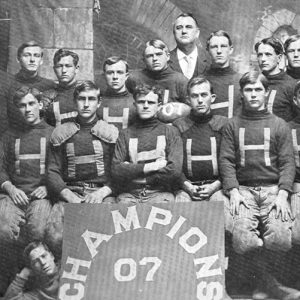 Henderson College Team, 1907
Henderson College Team, 1907
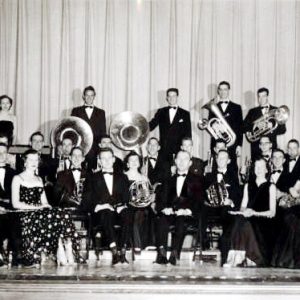 Hendrix College Concert Band
Hendrix College Concert Band
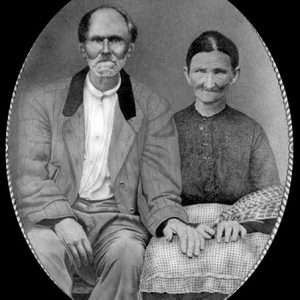 William and Nancy Hester
William and Nancy Hester
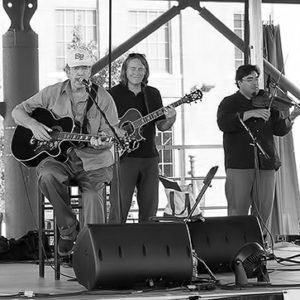 Dan Hicks and His Hot Licks
Dan Hicks and His Hot Licks




